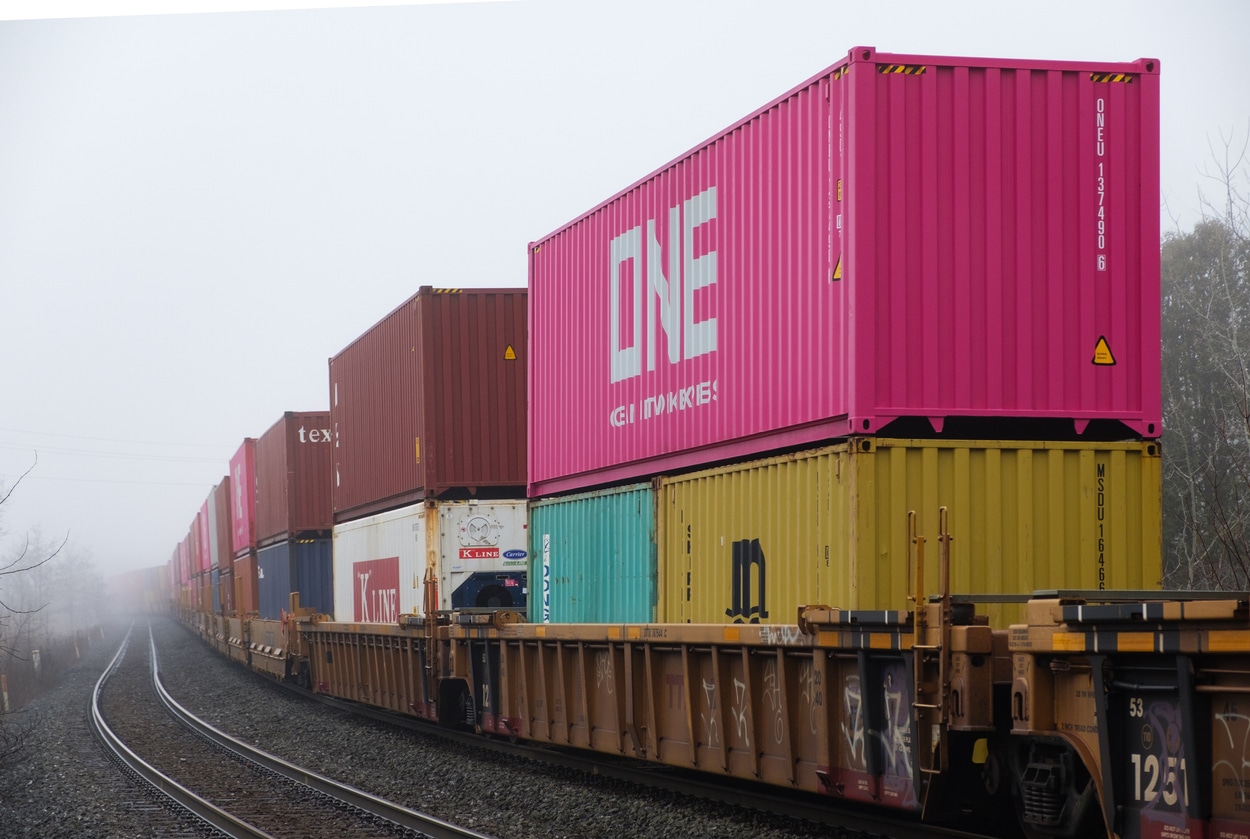Rail’s Resurgence in Modern Logistics Global demand for cost-effective, low-carbon freight options is steering shippers…

Increasing Demands for Real-Time Data in Shipping and Logistics
In today’s fast-paced world, the demand for real-time data in shipping and logistics has become increasingly crucial. Businesses require up-to-the-minute information to manage their supply chains efficiently and meet customer expectations.
Why Real-Time Data Matters
Real-time data provides several benefits, including:
- Enhanced Visibility: Companies can track shipments, monitor inventory levels, and foresee potential delays.
- Improved Decision-Making: Instant access to data enables quicker responses to market changes and operational challenges.
- Increased Efficiency: Automation and timely information reduce manual interventions and streamline processes.
Industry Trends and Innovations
The logistics and transportation industry, like many others, is constantly evolving to increase speed and efficiency for its consumers.
Advanced Technologies: The logistics industry is leveraging cutting-edge technologies like Internet of Things (IoT), artificial intelligence (AI), and blockchain to enhance real-time data capabilities. IoT devices provide granular tracking of shipments, AI algorithms optimize routes and predict delays, and blockchain ensures secure, transparent transactions.

Integrated Systems: Warehouse Management Systems (WMS) and Transportation Management Systems (TMS) are becoming more sophisticated, offering seamless integration with real-time data. These systems provide comprehensive visibility and control over logistics operations.
Data Analytics: Advanced data analytics tools are helping companies interpret vast amounts of data, providing actionable insights for better decision-making. Predictive analytics enables companies to anticipate demand, manage inventory levels, and optimize supply chain processes.
Benefits for Businesses
Operational Efficiency: Streamlined processes and reduced manual intervention lead to more efficient operations.
Cost-Effectiveness: Optimized logistics strategies help in controlling costs while maintaining high service levels.
Enhanced Customer Satisfaction: Reliable and timely deliveries improve customer satisfaction and loyalty.
In conclusion, the increasing demand for real-time data in shipping and logistics is driving companies to adopt innovative solutions. Sulco, Lancer, and Maple Leaf are well-equipped to meet these demands with their advanced systems and comprehensive services, ensuring businesses can thrive in a competitive environment.
For more information about their services, visit Sulco-Lancer Logistics.



